Cannabis sativa is a plant containing an array of chemical compounds, and it is best known for this. The growing use of these chemicals in both the medical and recreational fields has solicited attention from both ordinary citizens and policymakers to this topic.
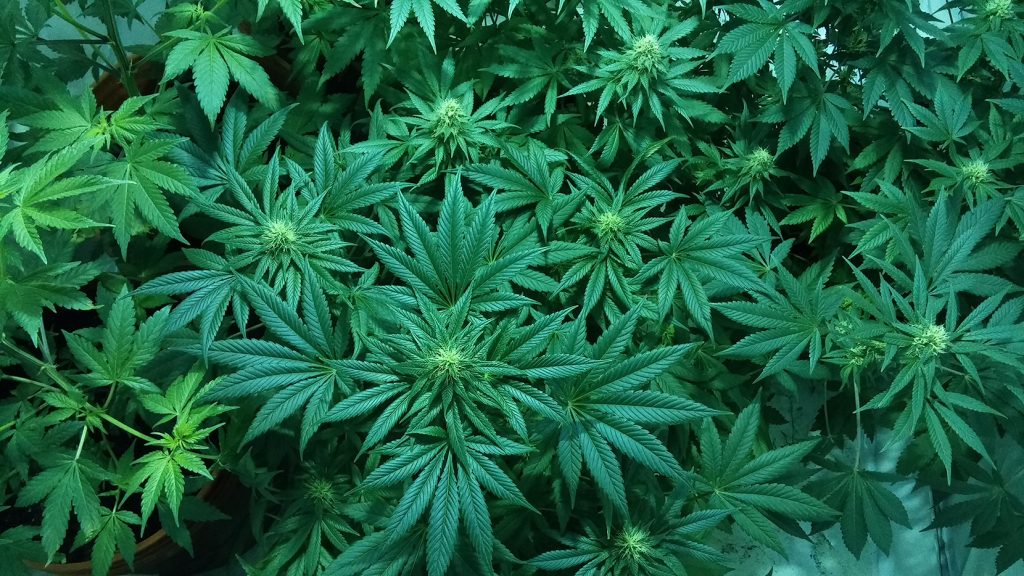
Chemical Structure and Mechanism of Action of THC and CBD
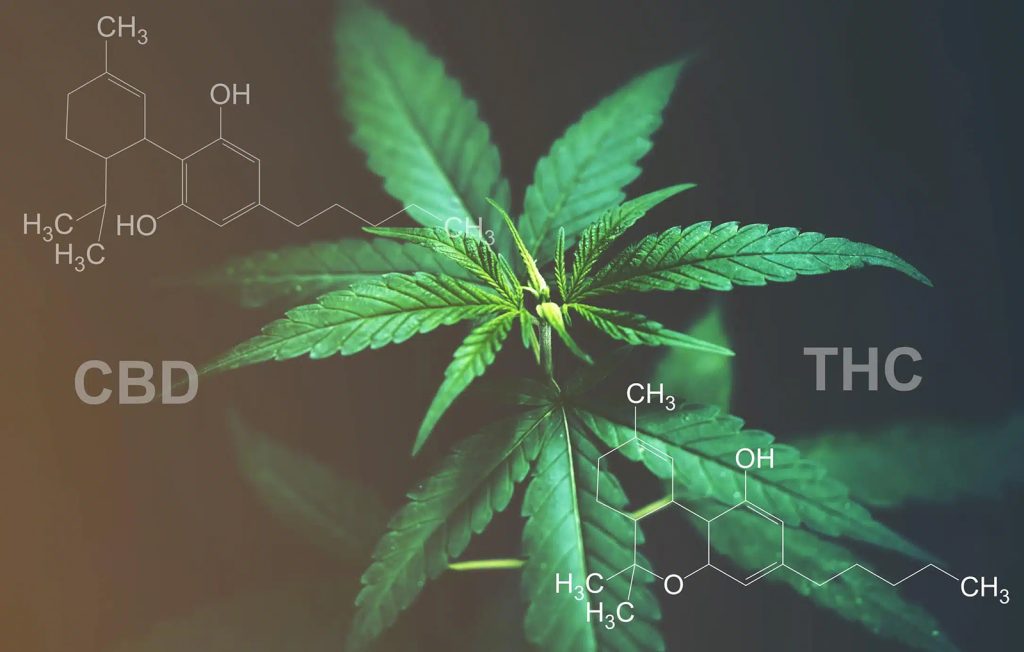
THC, the most popular psychoactive component of cannabis, has an ability to bind with CB1 receptors in the brain, producing euphoria similar to endocannabinoids that naturally occur in the body.
Instead, CBD directly does not stimulate receptors—the CB1 receptors—but its effects are much more complex, and it participates in interactions with the whole set of non-cannabinoid receptors. It is for this reason that CBD has no psychoactive properties.
Effects and Applications of THC
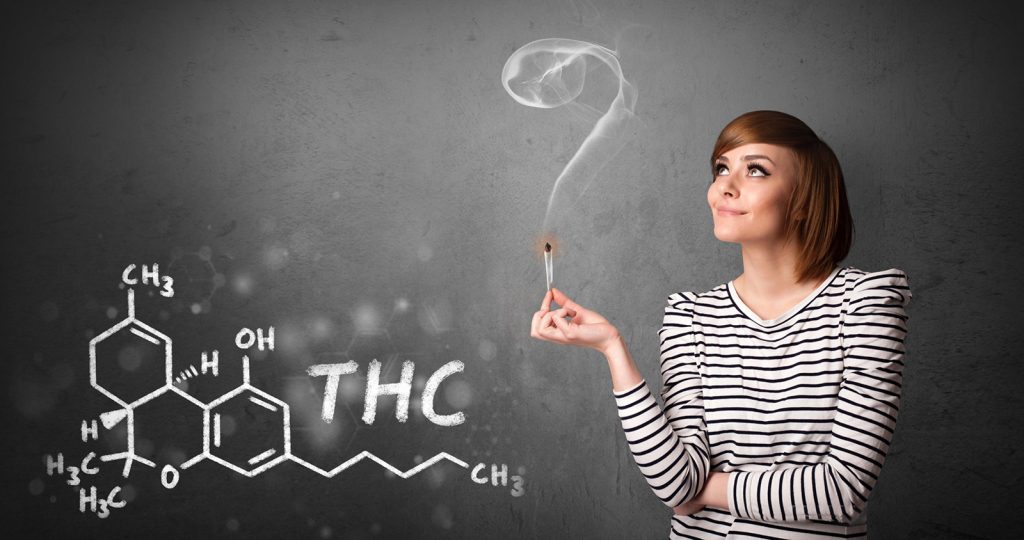
THC is famously known as an elicitator of a high; with this, it is worth noting that THC has medicinal value in assisting patients to find relief from pain and reduce nausea and stimulation of appetites. These properties render them useful in the management of these accompanying symptoms and side effects of chronic conditions.
Effects and Applications of CBD

CBD has attracted the attention of many researchers due to its potential therapeutic effects, including anti-anxiety, anti-inflammatory, and antiepileptic effects without the classical psychoactive actions of THC. The potential effects serve as new doors for the treatment of different conditions.
Interactions Between THC and CBD
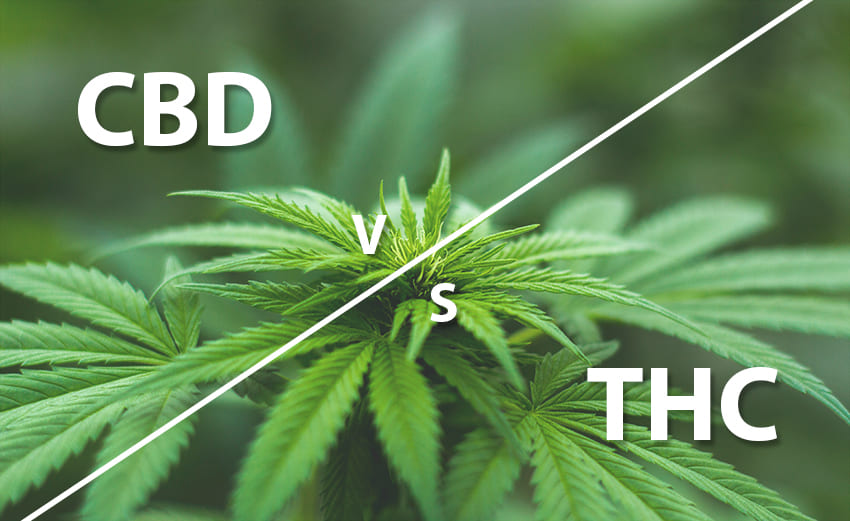
CBD interacts with THC and, in some cases, increases or diminishes its effects on each other. For instance, some of the negative side effects of THC, more specifically anxiety and paranoia, it is believed that CBD reduces them. This kind of “entourage effect” is important in the way that it suggests a combination of them might be more useful than any single one used alone.
Legal and Social Perspectives
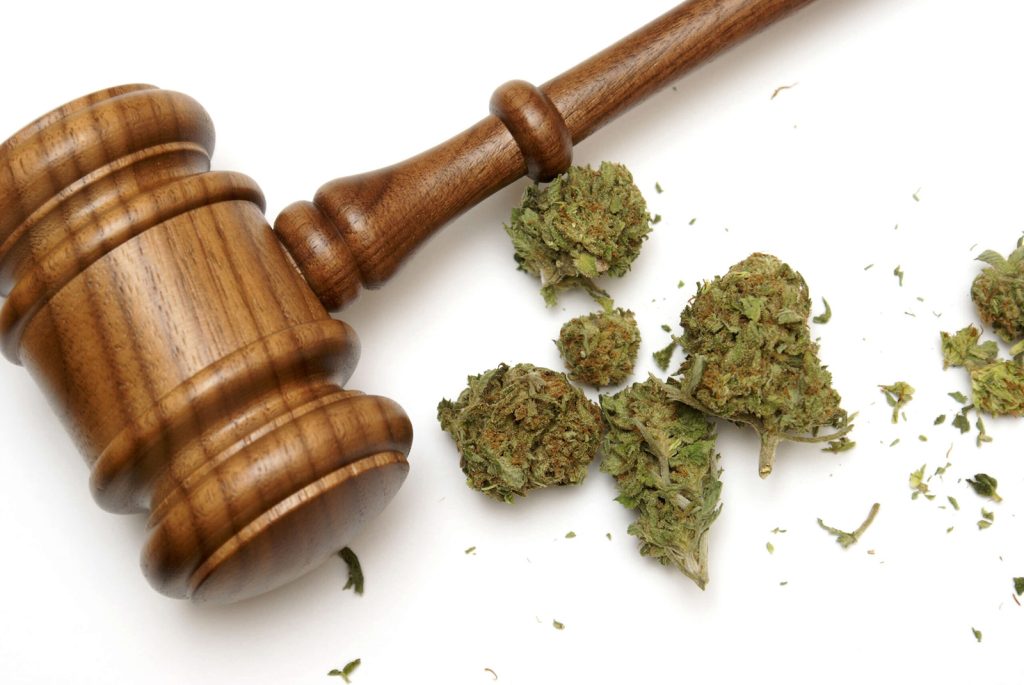
And as science digs deeper into the study of the cannabis plant and its main chemical content, more countries and nations of the world start to reconsider their legislation on this issue. More and more, legalization looks toward medicinal cannabis; but again, the legal position of THC and CBD is different from country to country.
Scientific Research and Future Directions
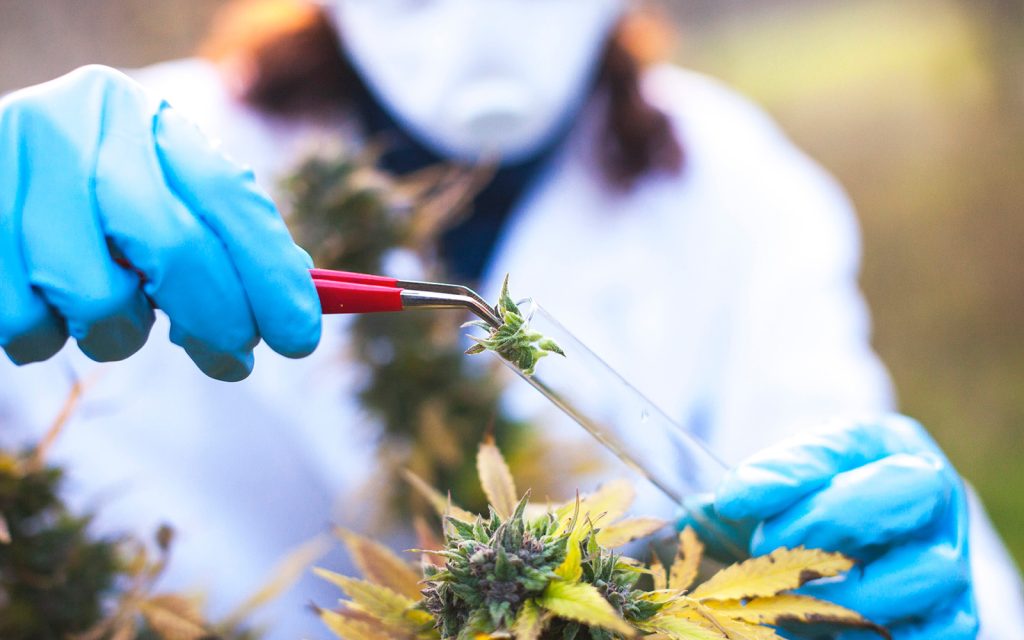
Although some study has been done, the study of THC and CBD remains relatively young. The studies of the future are bound to open more secrets in these compounds and definitely give a scientific basis for treatment of more health conditions.
THC and CBD prove cannabis a complex medicinal plant. More research should really only be the elucidation of potential use of these compounds in favor of humans’ better quality of life and well-being.


















